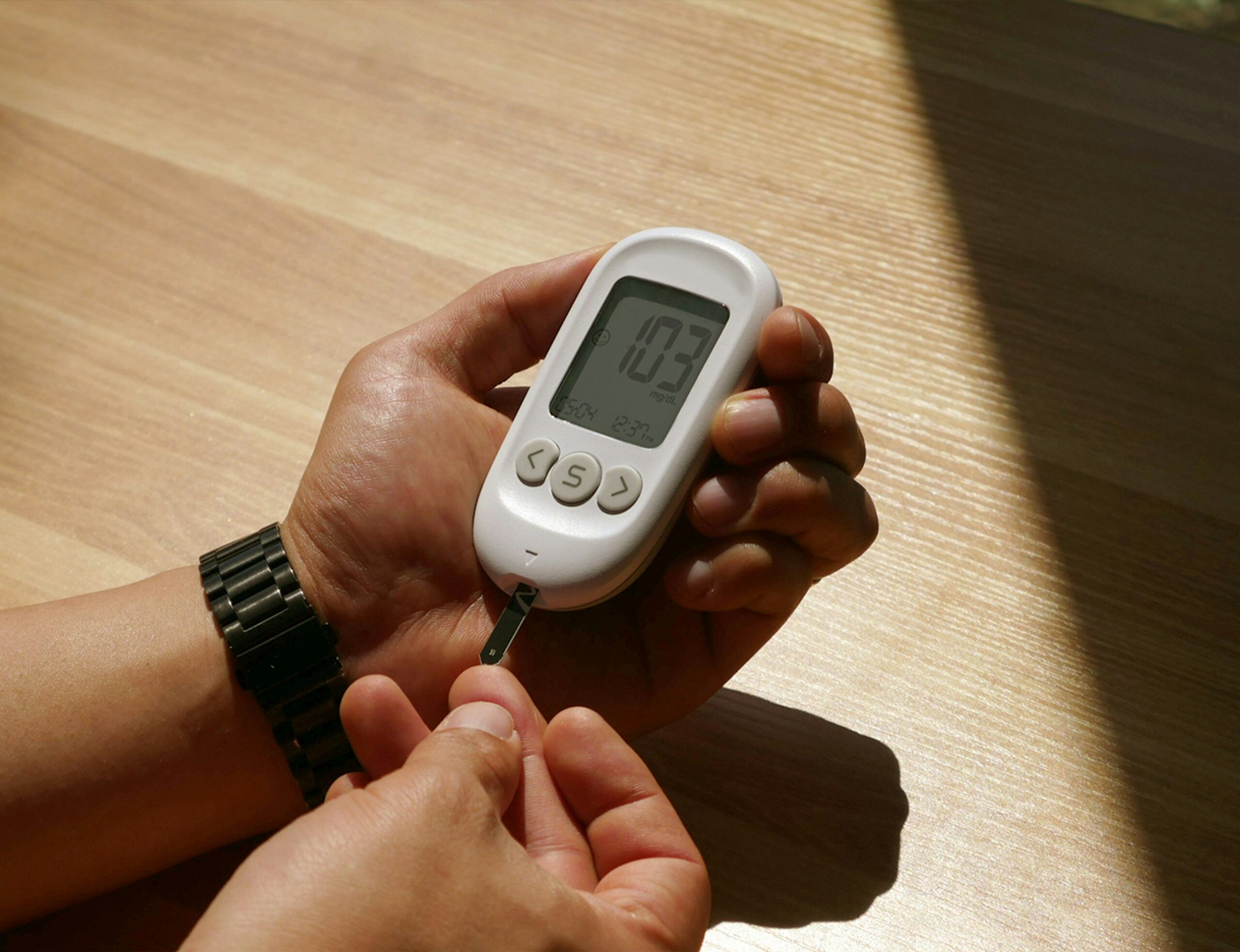Integrating Diabetes Care into Advanced Cardiac Plans

Diabetes and heart disease are closely linked. People with diabetes often face higher risks of heart-related problems. This makes it important to combine diabetes care with advanced cardiac treatments. Doing so helps protect patients and improves their overall health.
When doctors plan treatments for heart patients, including diabetes management, is essential. Treating both conditions at once creates a stronger approach. This integrated care can reduce risks and improve patient outcomes in the long run.
Understanding the Link Between Diabetes and Heart Health
High blood sugar from diabetes damages blood vessels over time. This damage raises the chance of heart attacks and strokes. Even people with mild diabetes may face serious heart risks if their condition is not managed well.
Heart disease remains the top cause of death for people with diabetes. Ignoring diabetes during cardiac care can leave patients vulnerable. Understanding the connection helps healthcare providers treat both issues together for better results.
Why Integrate Diabetes Management in Cardiac Care?
Focusing on heart disease alone misses a big part of the problem. Diabetes worsens heart conditions, and heart problems can make diabetes harder to control. Treating only one condition can slow recovery and increase complications.
Integrated care offers a whole-person approach. It lowers hospital visits and prevents emergencies by managing both diseases simultaneously. This method also improves patients’ quality of life and overall well-being.
Coordinating Care Teams for Better Outcomes
Advanced cardiac care involves many specialists, such as cardiologists and nurses. Adding diabetes experts such as endocrinologists and diabetes educators strengthens the team. Together, they create more effective care plans.
Clear communication is vital. Sharing patient information among team members helps spot problems early and adjust treatments quickly. This collaboration ensures patients receive the best care possible across conditions.
Personalized Treatment Plans
Every patient has unique needs. Some may have diabetes alongside other issues like high blood pressure or kidney disease. Treatment plans must reflect these differences to be effective.
Doctors use tests to measure blood sugar, heart function, and cholesterol. This data helps set realistic goals that fit each patient’s lifestyle. Personalized plans boost motivation and increase the chances of success.
Lifestyle Changes Make a Big Difference
Medications are important, but lifestyle plays an even bigger role in managing heart health and diabetes. Patients need help adopting healthier diets, staying active, and managing stress.
Support from care teams is key to making lasting changes. Offering guidance on meal planning, exercise routines, and stress reduction can empower patients to take control of their health.
Monitoring and Adjusting Treatment
Frequent check-ups help track how well treatments work. Doctors monitor blood sugar, blood pressure, and heart health to catch any warning signs early.
Regular monitoring allows quick adjustments to medications or lifestyle plans. This proactive approach prevents complications and keeps patients safer over time.
Technology Enhances Integrated Care
New devices make managing diabetes and heart disease easier for both patients and doctors. Continuous glucose monitors provide real-time blood sugar data, while heart monitors track heart rhythms remotely.
Mobile apps enable patients to log their food, exercise, and medications. Sharing this data with care teams helps improve treatment decisions and patient engagement in their care.
Education Empowers Patients
Patients who understand their conditions are better equipped to manage them. Learning how diabetes affects the heart and why treatments matter builds confidence.
Educational resources like workshops and videos simplify complex topics. Coaching helps patients recognize symptoms and know when to seek help, leading to better health outcomes.
Overcoming Challenges in Integration
Bringing diabetes and heart care together can be difficult. Some clinics lack staff or resources. Patients may feel overwhelmed or confused by complex instructions.
Solutions include clear communication and patient-centered care. Simplifying treatments, offering flexible visits, and using telehealth improve access and reduce patient stress.
The Role of Medication Management
Medications treat both diabetes and heart disease, but must be carefully chosen. Some diabetes drugs also benefit heart health, while others may carry risks.
Doctors coordinate prescriptions to avoid side effects or interactions. Educating patients on how to take medicines correctly improves adherence and effectiveness.
The Impact on Patient Quality of Life
Integrated care helps patients feel better daily. Controlling symptoms leads to more energy and less anxiety about sudden health events.
Patients gain confidence to enjoy life and activities again. This approach treats the whole person and not just the diseases, supporting a healthier lifestyle.
Future Directions in Integrated Care
Research continues to find better ways to combine diabetes and heart care. Advances in personalized medicine and technology offer new tools and therapies.
Healthcare systems aim to create seamless, patient-centered care. Investing in training and resources will help more people benefit from integrated treatment plans.
Additional Information
- Blogs
- heart care, heart-related problems, treatments quickly
- Nishi Patel